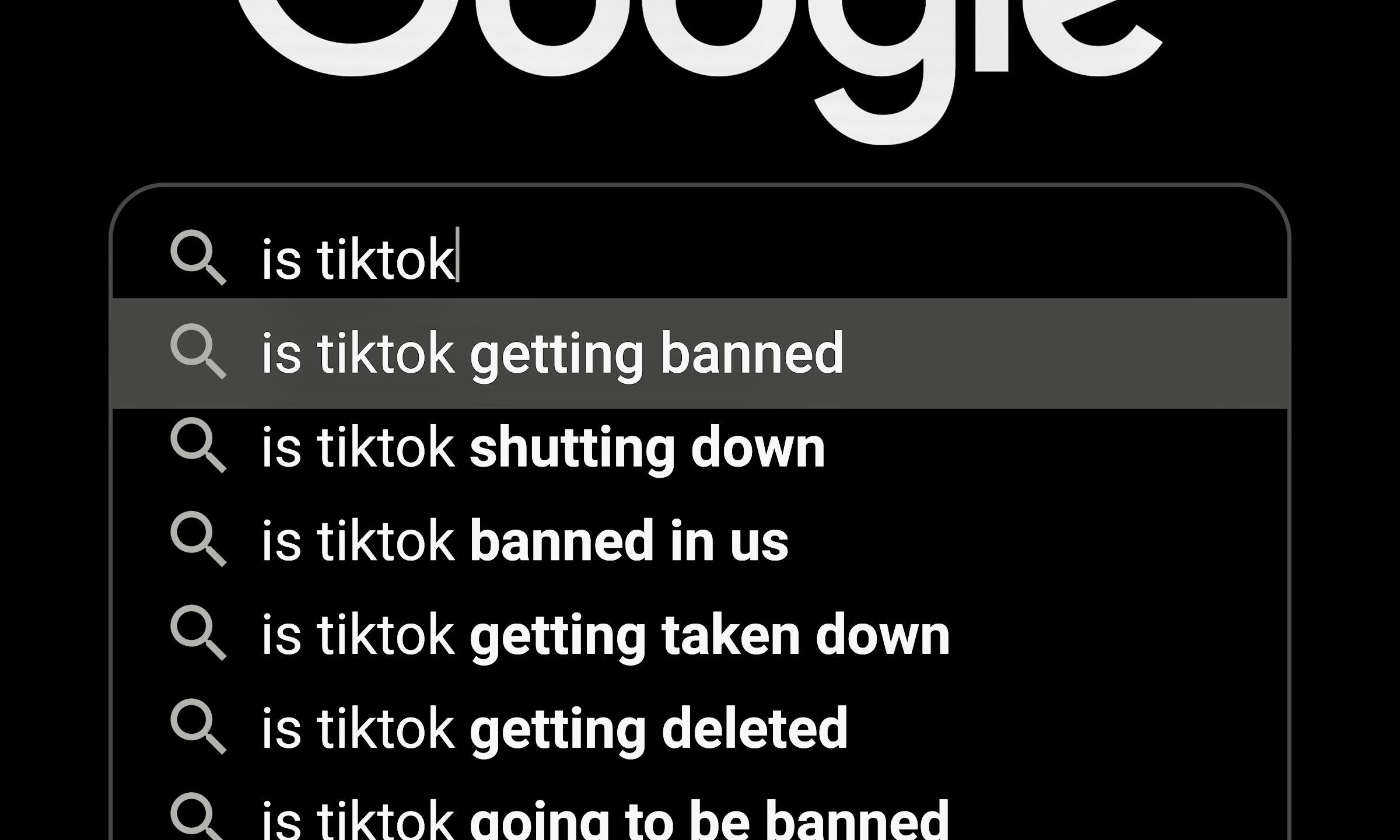The U.S. Justice Department has filed a major lawsuit against TikTok and ByteDance, accusing them of massive-scale privacy violations involving children under 13.
TikTok’s Massive-Scale Data Collection Violations
In continuation of the Biden administration's crackdown on the social media platform, the U.S. Justice Department has sued TikTok and its parent firm ByteDance for failing to safeguard the privacy of children using the app. The case was filed on Friday.
Reuters reports that the government said that TikTok broke the law by not getting parental consent before collecting personal information from individuals under the age of 13, which is a requirement of the Children's Online Privacy Protection Act.
With about 170 million users in the United States, the short-video platform ByteDance is battling a new rule that would ban the company unless it divests its U.S. assets from TikTok by January 19.
The United States has taken legal action against TikTok and its Chinese parent firm on multiple occasions due to concerns that the corporation gathers excessive personal data about Americans for the benefit of the Chinese government and manipulates content to damage Americans. This complaint is the most recent example of such actions.
The Federal Trade Commission was one of the plaintiffs in the lawsuit that sought to end "to TikTok's unlawful massive-scale invasions of children's privacy."
"The lawsuit "underscores the need of divesting TikTok from Chinese Communist Party leadership," said Frank Pallone, the top Democrat on the Energy and Commerce Committee. It is absolutely unacceptable that our enemies are able to access and steal so much personal information from the American people.
TikTok stated on Friday that it disagrees "with these allegations, many of which relate to past events and practices that are factually inaccurate or have been addressed. We are proud of our efforts to protect children, and we will continue to update and improve the platform."
According to the DOJ, TikTok allowed minors to sign up for normal accounts, where they could then make and share short videos and messages with adults and others. Without the parents' permission, TikTok gathered personal information from these kids.
TikTok's Privacy Breach Impacting Millions of Kids
Millions of American children under the age of thirteen have allegedly used TikTok for years, and the United States claims that the platform "has been collecting and retaining children's personal information."
FTC Chair Lina Khan stated, "TikTok knowingly and repeatedly violated kids’ privacy, threatening the safety of millions of children across the country" when June saw her agency refer the matter to the Justice Department.
CNA elaborates that if proven guilty, the FTC is suing TikTok for unlawful data collection, which could cost the company billions of dollars (or $51,744 per violation each day).
The FBI and the Department of Justice are reportedly investigating claims that the widely used social media platform violated a 2019 agreement meant to safeguard the privacy of youngsters, according to Reuters' 2020 report.
Due to its treatment of children's data, the corporation was fined last year by both the EU and the UK.
Senate Moves to Protect Children’s Data Online
The United States Senate approved a measure on Tuesday that would make it possible for both parents and children to request the deletion of their personal data from social media, outlaw targeted advertising to children and teenagers, and expand COPPA to include teens up to the age of 17.
To become law, the measure must be approved by the House of Representatives, which is now in recess until September and is controlled by Republicans.



 Apple to Begin Mac Mini Production in Texas Amid $600 Billion U.S. Investment Plan
Apple to Begin Mac Mini Production in Texas Amid $600 Billion U.S. Investment Plan  Snowflake Forecasts Strong Fiscal 2027 Revenue Growth as Enterprise AI Demand Surges
Snowflake Forecasts Strong Fiscal 2027 Revenue Growth as Enterprise AI Demand Surges  APEX Tech Acquisition Inc. Raises $111.97 Million in NYSE IPO Under Ticker TRADU
APEX Tech Acquisition Inc. Raises $111.97 Million in NYSE IPO Under Ticker TRADU  Meta Signs Multi-Billion Dollar AI Chip Deal With Google to Power Next-Gen AI Models
Meta Signs Multi-Billion Dollar AI Chip Deal With Google to Power Next-Gen AI Models  FCC Approves Charter Communications’ $34.5 Billion Acquisition of Cox Communications
FCC Approves Charter Communications’ $34.5 Billion Acquisition of Cox Communications  Panama Investigates CK Hutchison’s Port Unit After Court Voids Canal Contracts
Panama Investigates CK Hutchison’s Port Unit After Court Voids Canal Contracts  Coupang Reports Q4 Loss After Data Breach, Revenue Misses Estimates
Coupang Reports Q4 Loss After Data Breach, Revenue Misses Estimates  Trump Orders Federal Agencies to Halt Use of Anthropic AI Technology
Trump Orders Federal Agencies to Halt Use of Anthropic AI Technology  Synopsys Q2 Revenue Forecast Misses Expectations Amid China Export Curbs and AI Shift
Synopsys Q2 Revenue Forecast Misses Expectations Amid China Export Curbs and AI Shift  Netflix Declines to Raise Bid for Warner Bros. Discovery Amid Competing Paramount Skydance Offer
Netflix Declines to Raise Bid for Warner Bros. Discovery Amid Competing Paramount Skydance Offer  Samsung Electronics Stock Poised for $1 Trillion Valuation Amid AI and Memory Boom
Samsung Electronics Stock Poised for $1 Trillion Valuation Amid AI and Memory Boom  Middle East Airspace Shutdown Disrupts Global Flights After U.S.-Israel Strikes on Iran
Middle East Airspace Shutdown Disrupts Global Flights After U.S.-Israel Strikes on Iran  Microsoft Gaming Leadership Overhaul: Phil Spencer Retires, Asha Sharma Named New Xbox CEO
Microsoft Gaming Leadership Overhaul: Phil Spencer Retires, Asha Sharma Named New Xbox CEO  Paramount Skydance to Acquire Warner Bros Discovery in $110 Billion Media Mega-Deal
Paramount Skydance to Acquire Warner Bros Discovery in $110 Billion Media Mega-Deal  Pentagon Weighs Supply Chain Risk Designation for Anthropic Over Claude AI Use
Pentagon Weighs Supply Chain Risk Designation for Anthropic Over Claude AI Use  Hyundai Motor Group to Invest $6.26 Billion in AI Data Center, Robotics and Renewable Energy Projects in South Korea
Hyundai Motor Group to Invest $6.26 Billion in AI Data Center, Robotics and Renewable Energy Projects in South Korea 































